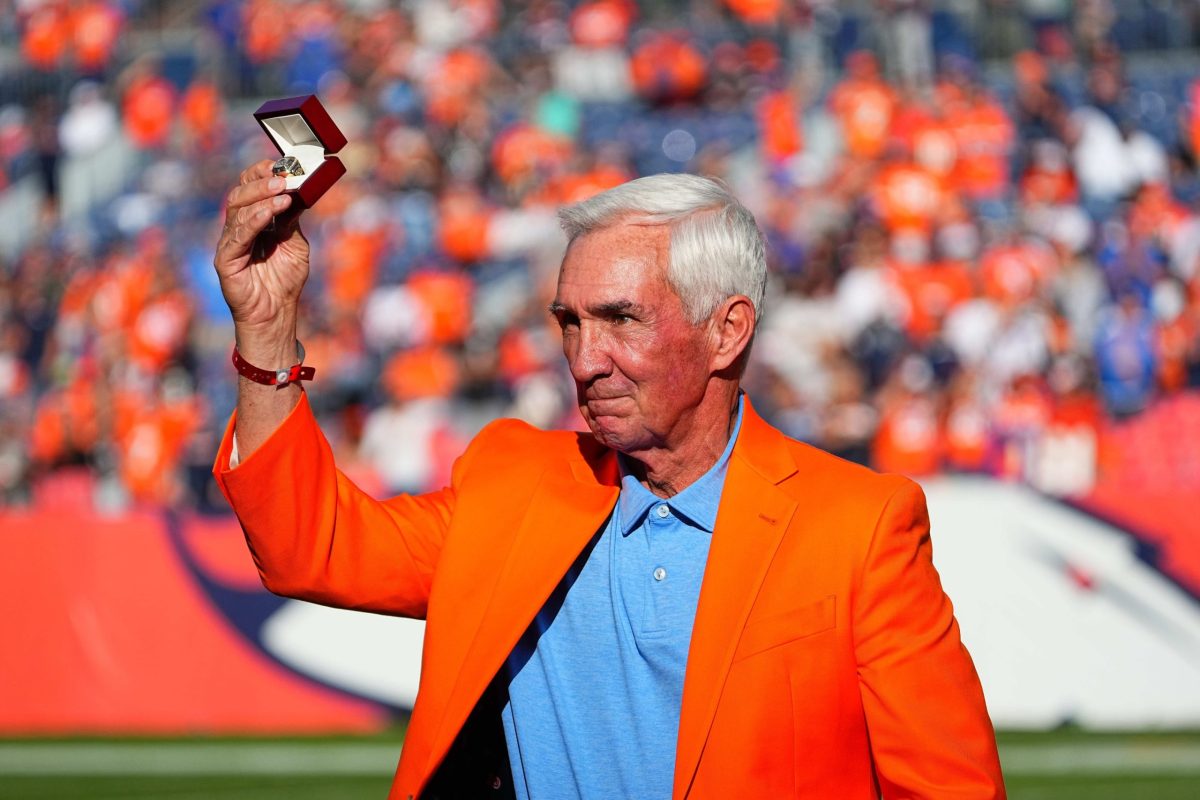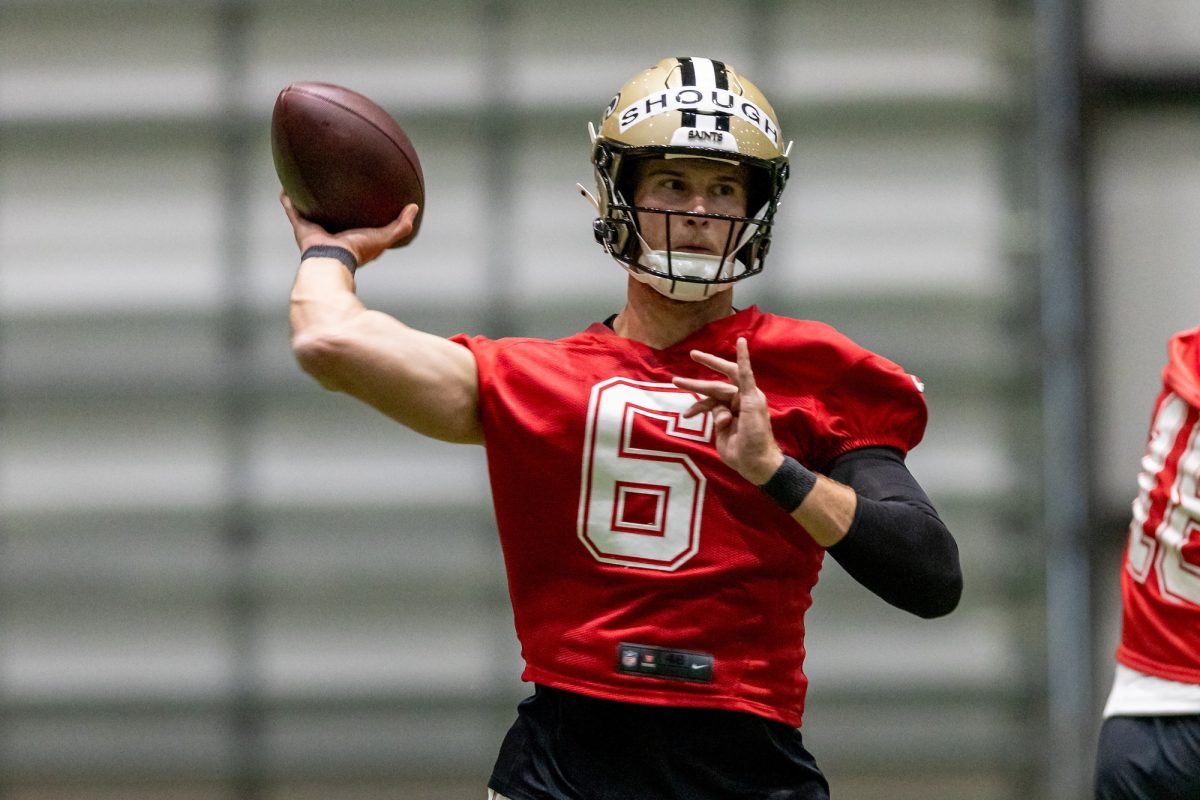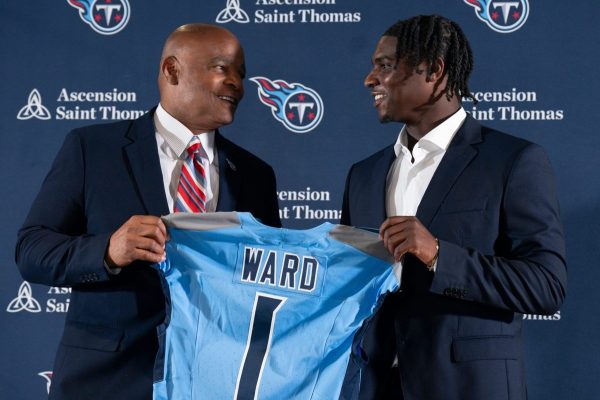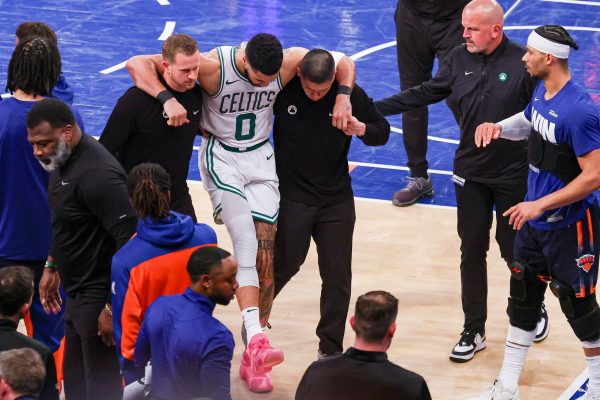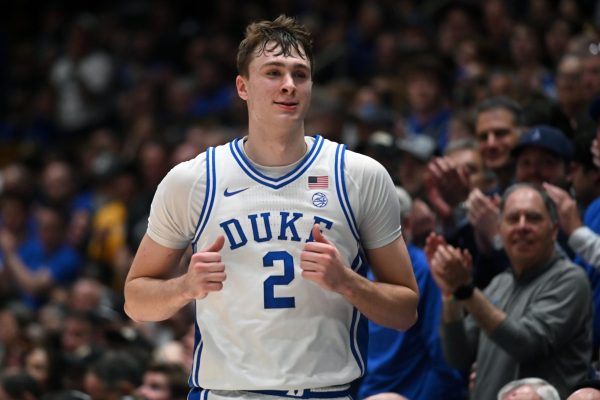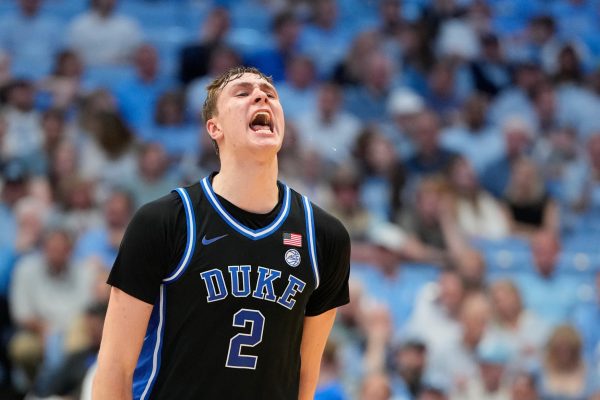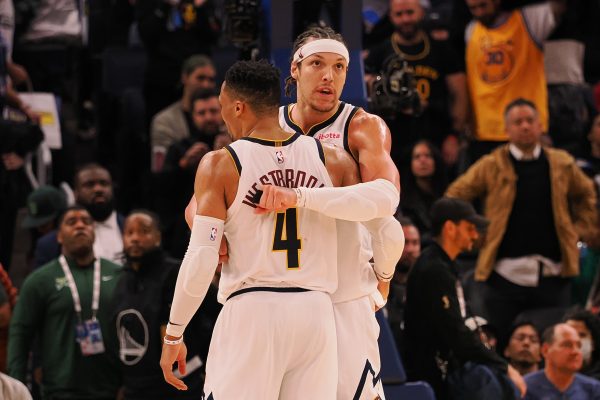In trying to explain the declining running back market, a new report is directing blame for the situation at former head coach Mike Shanahan and the increased use of analytics.
Mike Florio of Pro Football Talk looked at how quality running backs have garnered little interest from teams and noted that economics has played a large role.
“Fundamentally, people don’t think that it’s a position that leads to greater expected points and surplus value,” a source with extensive knowledge of the dynamics that have resulted in the current running back market said. “It’s a salary cap league, with finite resources. That matters. So teams will spend on quarterbacks, receivers, pass rushers, and corner. Those are the positions that provide the most surplus.”
Following up, the source pointed to how Shanahan’s past philosophy toward the running game dovetails nicely with the current embrace of statistical analysis to guide decisions.
“Blame Mike Shanahan and the analytics community,” the source added.
Shanahan served as head coach for three different NFL teams, most notably for 14 years with the Denver Broncos from 1995 to 2008. During that time, he compiled a regular season record of 138-86 and led the Broncos to two consecutive Super Bowl titles.
The approach taken by Shanahan during that successful run was that any number of running backs could thrive within his system.
During Shanahan’s first four seasons with the Broncos, Terrell Davis was the team’s leading rusher. Over Shanahan’s final 10 seasons in Denver, nine different players led the team in rushing.
That ability to constantly adapt to new running backs made teams that embraced this philosophy reluctant to make steep investments in this area.
When it comes to analytics, breaking down past statistics has led to the belief that the passing game is much more relevant to success than a strong running attack.
Of course, some running backs still rank among the league’s top stars, like Tennessee Titans tailback Derrick Henry.
Yet, the current list of unsigned players constitutes a group of quality players. Names like Saquon Barkley, Dalvin Cook and Ezekiel Elliott have been among the NFL’s top runners during their careers but currently remain in limbo.
Having a quality running back can be invaluable either in sloppy weather or when the temperature dips during the latter part of a season. That’s because the effectiveness of passing games can be neutralized in such surroundings.
Right now, it seems clear that teams have little interest in changing their approaches toward the running game. Teams’ bottom lines remain driving forces in this current approach, even if the economic strategy costs quality running backs money.

